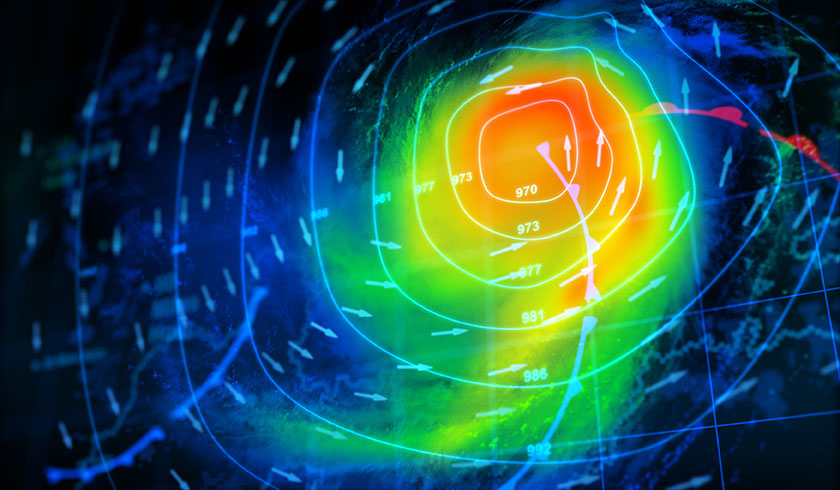
meteorology
Definition
Meteorology is the study of the atmosphere and its phenomena. It includes the study of weather, climate, and other atmospheric processes.
The atmosphere is the layer of gases that surrounds the Earth. It is made up of mostly nitrogen and oxygen, but it also contains smaller amounts of other gases, such as carbon dioxide, water vapour, and argon.
The atmosphere is constantly changing. The sun heats the atmosphere, which causes the air to rise and cool. This creates winds, which move the air around the globe. The atmosphere also contains water vapour, which can condense to form clouds and precipitation.
Meteorologists use their knowledge of the atmosphere to predict the weather. They use a variety of tools to do this, including satellites, radar, and weather balloons. They also use computer models to predict the weather.
Meteorologists are important because they help us to stay safe. They can warn us about dangerous weather conditions, such as hurricanes, tornadoes, and floods. They can also help us to plan for the weather, such as by deciding when to cancel school or work.
How can the word be used?
The meteorologist used his knowledge of meteorology to predict the weather.

Different forms of the word
Noun: The scientific study of the atmosphere and its phenomena, such as weather, climate, and climate change.
Adjective: Relating to or involving meteorology.
Verb: To study meteorology.
Etymology
The word "meteorology" comes from the Greek words "meteoron" (something in the air) and "logos" (study of). The word "meteorology" was first used in English in the 17th century.
The literal meaning of the word "meteorology" is "the study of things in the air". This is because meteorology is the study of the atmosphere and its phenomena, such as weather, climate, and climate change.
Question
What is meteorology the study of?
AQA Science Exam Question and Answer
Question:
What is meteorology, and how does it contribute to our understanding of weather patterns and phenomena?
Answer:
Meteorology is the scientific study of Earth's atmosphere and its various phenomena, particularly focusing on weather patterns, climate trends, and atmospheric dynamics. It encompasses the observation, analysis, and prediction of atmospheric conditions.
Meteorology contributes significantly to our understanding of weather patterns by providing insights into the factors that influence temperature, humidity, wind patterns, and precipitation. By studying meteorological data, scientists can identify trends and anomalies, helping to predict short-term weather changes and even long-term climate shifts.
Furthermore, meteorology enables us to comprehend and anticipate severe weather events like hurricanes, tornadoes, and heat waves, which can have significant impacts on human lives and the environment. By analysing atmospheric conditions and using advanced tools like satellite imagery and computer models, meteorologists can issue timely warnings to mitigate the adverse effects of these events.